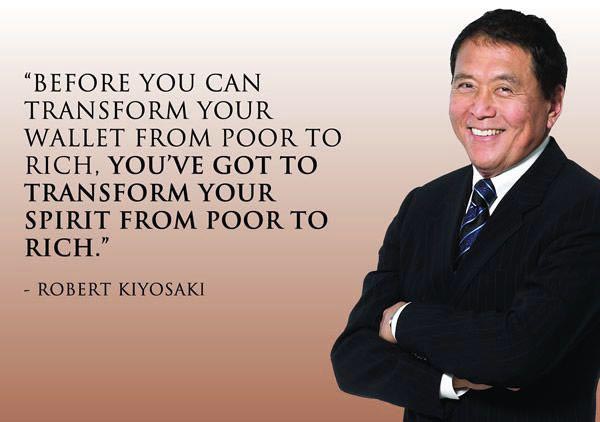Financial freedom is a measure of banking efficiency as well as a measure of independence from government control and interference in the financial sector. State ownership of banks and other financial institutions such as insurers and capital markets reduces competition and generally lowers the level of available services.
In an ideal banking and financing environment where a minimum level of government interference exists, independent central bank supervision and regulation of financial institutions are limited to enforcing contractual obligations and preventing fraud. Credit is allocated on market terms, and the government does not own financial institutions. Financial institutions provide various types of financial services to individuals and companies. Banks are free to extend credit, accept deposits, and conduct operations in foreign currencies. Foreign financial institutions operate freely and are treated the same as domestic institutions.
The Index scores an economy’s financial freedom by looking into the following five broad areas:
- The extent of government regulation of financial services,
- The degree of state intervention in banks and other financial firms through direct and indirect ownership,
- The extent of financial and capital market development,
- Government influence on the allocation of credit, and
- Openness to foreign competition.
These five areas are considered to assess an economy’s overall level of financial freedom that ensures easy and effective access to financing opportunities for people and businesses in the economy. An overall score on a scale of 0 to 100 is given to an economy’s financial freedom through deductions from the ideal score of 100.
- 100—Negligible government interference.
- 90—Minimal government interference. Regulation of financial institutions is minimal but may extend beyond enforcing contractual obligations and preventing fraud.
- 80—Nominal government interference. Government ownership of financial institutions is a small share of overall sector assets. Financial institutions face almost no restrictions on their ability to offer financial services.
- 70—Limited government interference. Credit allocation is influenced by the government, and private allocation of credit faces almost no restrictions. Government ownership of financial institutions is sizeable. Foreign financial institutions are subject to few restrictions.
- 60—Significant government interference. The central bank is not fully independent, its supervision and regulation of financial institutions are somewhat burdensome, and its ability to enforce contracts and prevent fraud is insufficient. The government exercises active ownership and control of financial institutions with a significant share of overall sector assets. The ability of financial institutions to offer financial services is subject to some restrictions.
- 50—Considerable government interference. Credit allocation is significantly influenced by the government, and private allocation of credit faces significant barriers. The ability of financial institutions to offer financial services is subject to significant restrictions. Foreign financial institutions are subject to some restrictions.
- 40—Strong government interference. The central bank is subject to government influence, its supervision of financial institutions is heavy-handed, and its ability to enforce contracts and prevent fraud is weak. The government exercises active ownership and control of financial institutions with a large minority share of overall sector assets.
- 30—Extensive government interference. Credit allocation is extensively influenced by the government. The government owns or controls a majority of financial institutions or is in a dominant position. Financial institutions are heavily restricted, and bank formation faces significant barriers. Foreign financial institutions are subject to significant restrictions.
- 20—Heavy government interference. The central bank is not independent, and its supervision of financial institutions is repressive. Foreign financial institutions are discouraged or highly constrained.
- 10—Near repressive. Credit allocation is controlled by the government. Bank formation is restricted. Foreign financial institutions are prohibited.
- 0—Repressive. Supervision and regulation are designed to prevent private financial institutions. Private financial institutions are prohibited.
Sources. Unless otherwise noted, the Index relies on the following sources for data on banking and finance, in order of priority: Economist Intelligence Unit, Country Commerce and Country Finance, 2009–2012; International Monetary Fund, Staff Country Report, “Selected Issues,” and Staff Country Report, “Article IV Consultation,” 2009–2012; Organisation for Economic Co-operation and Development, Economic Survey; official government publications of each country; U.S. Department of Commerce, Country Commercial Guide, 2009–2012; Office of the U.S. Trade Representative, 2011 National Trade Estimate Report on Foreign Trade Barriers; U.S. Department of State, Investment Climate Statements, 2009–2012; World Bank, World Development Indicators 2012; and various news and magazine articles on banking and finance.











